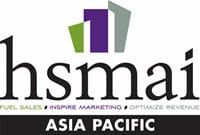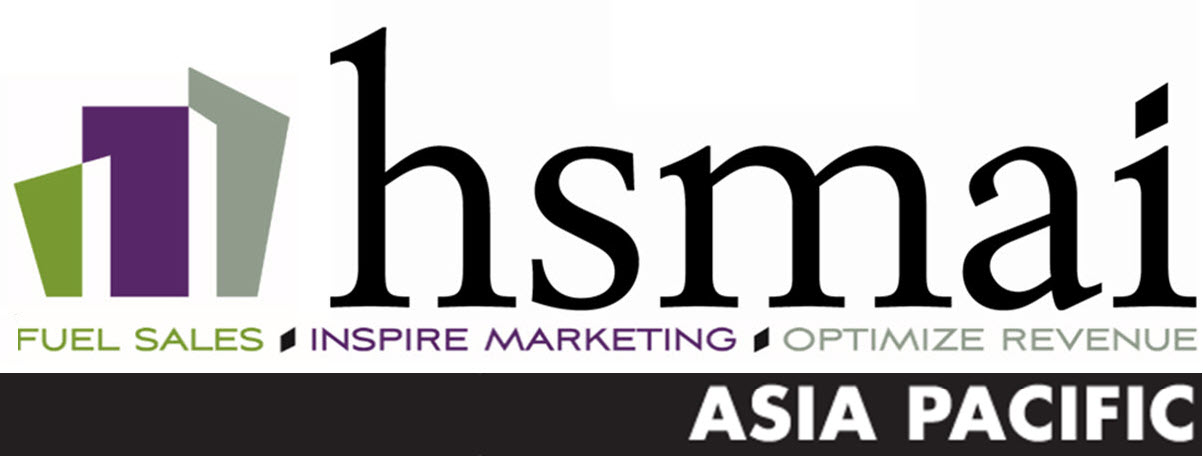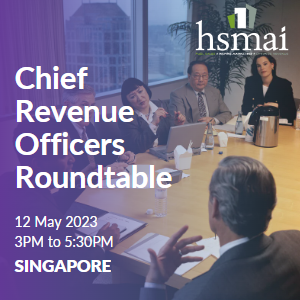APAC Travel Trends and the Digital Transformation in Hospitality
From Recovery to Innovation: Asia Pacific's Travel Trends and the Digital Transformation in Hospitality In 2024, the Asia Pacific travel industry is experiencing a significant recovery, with tourism figures drawing close to pre-pandemic levels, as reported by Reuters and TTG Asia. The region is positioned as the primary engine for travel growth, with a Skift report projecting a robust 20% increase in travel revenue over the previous year, significantly outstripping Europe's modest 5% gain. Destinations within the region are strategically emphasizing sustainable tourism and high-quality experiences to effectively manage the surge in travel demand. As the year progresses, the tourism landscape exhibits a blend of cautious optimism and a clear evolution in traveler behavior, signaling a nuanced and promising outlook for the Asia-Pacific travel sector. 2024 Asia-Pacific Regional Performance and Trend: Across Asia-Pacific, RevPAR grew about 40 per cent year-on-year, with the whole region outperforming 2019 by 10 per cent. Leisure demand drives occupancy, with sustained corporate and group travel increases. Tokyo, Bali, and Shanghai are top performing destinations. Anticipation of increased travel demand due to Asian travelers’ interest in cultural and ancestral heritage. In Southeast Asia, countries like Malaysia and Thailand are among the top destinations that are benefiting from...







